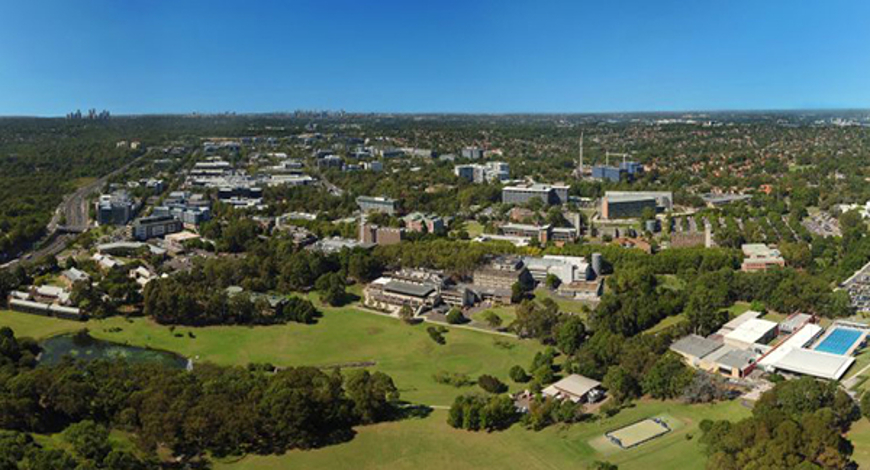In an exclusive interview with BW Education, Abizer Merchant, Director – India & Sri Lanka, Macquarie University, speaks about new programmes, partnerships & collaborations with India and scholarships & job opportunities for Indian students in Australia. Edited excerpts
What significant changes do you see in the global education system over the last decade or so?
Over the past decade, most developing countries are seeking to improve the quality of their education and are focussed on higher participation rates not only in primary and secondary but also in tertiary education. There is growing awareness of the need to align education to the new skill needs as technology continues to disrupt traditional roles. Harnessing the benefits of a young population involves providing them with the right skills that can meet the economic needs of the country. Besides this, there is also a growing move towards internationalisation with the aim of raising the overall quality of education provided and also including an international experience for local students. In the case of India, the Government has ambitions to be a major player in the provision of high-quality education at an affordable price to international students from a variety of countries. Supporting internationalisation there are now a variety of international academic partnerships that are strategic and across continents with benefits for all parties involved.
What are the popular programmes among Indian students? Is there any new programme for the students to offer?
Indian students have traditionally chosen programs in IT, engineering, science and business. However, in recent years, while the primary interest remains in these disciplines, there is growing interest in areas such as media, communications, health, environment and psychology. Even in the high demand disciplines such as IT, universities are offering specialised programs in Artificial intelligence and Internet of Things based on labour market needs.
What kinds of scholarships are available at Macquarie University for Indian students?
Macquarie University offers the $10,000 Early Acceptance Scholarship that is targeted at certain nationalities in Asia and aims to improve the affordability of our degrees while at the same time attract high-quality students to the University. This scholarship is offered for the duration of the student’s program. In addition to this, we also offer the Vice Chancellor’s International Scholarship which offers an additional up to $5,000 scholarships for high performing students from India.
Tell us about Macquarie University’s existing India partnerships and new collaborations?
Macquarie University has built robust partnerships in India over the last decade. We collaborate with some of the top institutions in India across all our Faculties. We have partnered with the Apollo Hospitals in Hyderabad where the Macquarie Doctor of Medicine students undertake a rigorous 6-month placement in Hyderabad. We currently have a cohort of 9 third year MD students in Hyderabad which will be followed by about 20 students in June this year. We also provide opportunities for Indian students to transfer to Macquarie for UG and PG programs through our articulation partners like O P Jindal Global University and CHRIST University. At Macquarie we actively encourage student mobility (student exchange) as part of their learning experience. A group of students from our Faculty of Arts visit India every year to learn about Indian history, culture, economics and politics. They are hosted by our partners LSR College in Delhi, St Xavier’s Kolkata and the Tata Institute of Social Sciences in Mumbai.
What are the job opportunities for Indian students in Australia?
The technology and health sectors currently provide some of the best work opportunities for Indian students in Australia and also generally align with the courses that are popular with Indian students. The pandemic and restricted skilled migration during 2020-21 has resulted in severe skill shortages in certain sectors which the Australian Government seeks to fill with priority to enable these sectors to continue to thrive.

